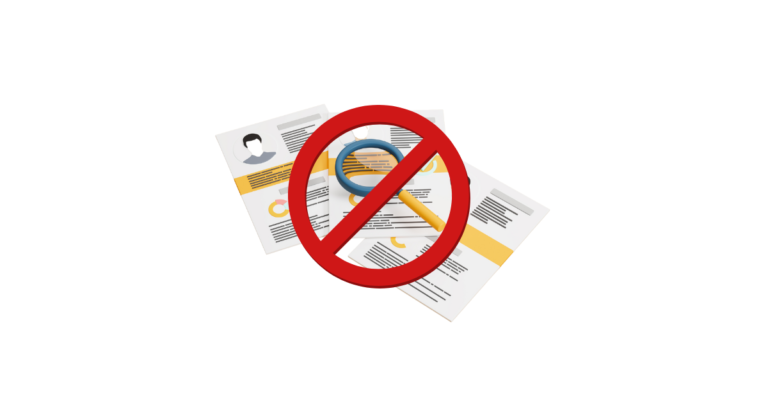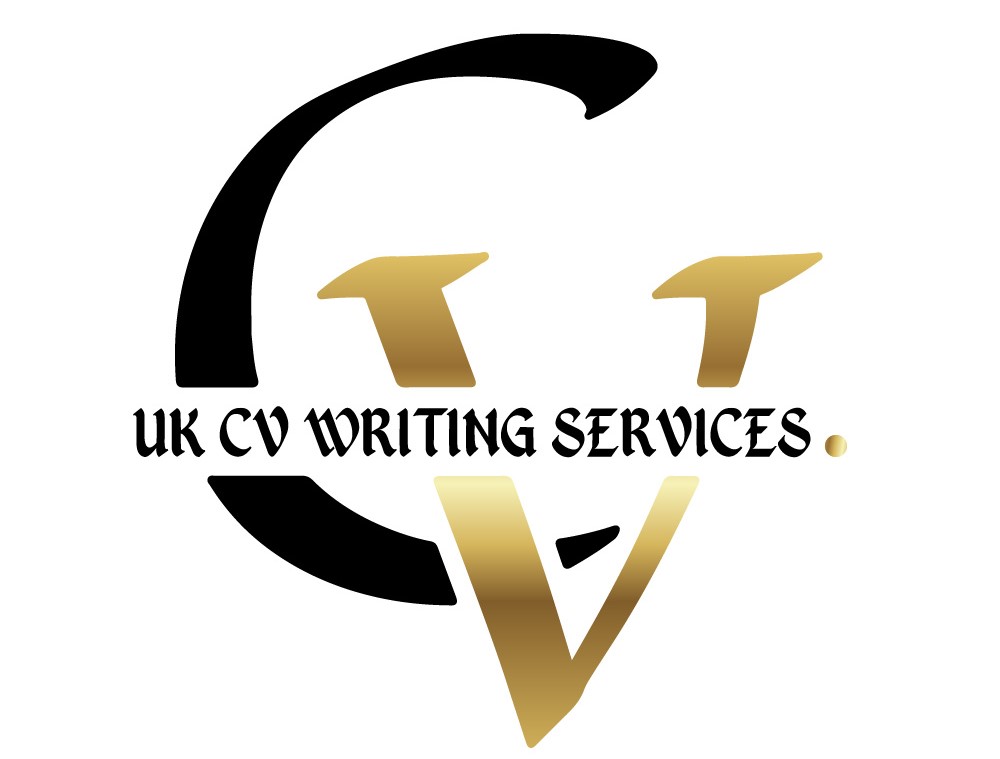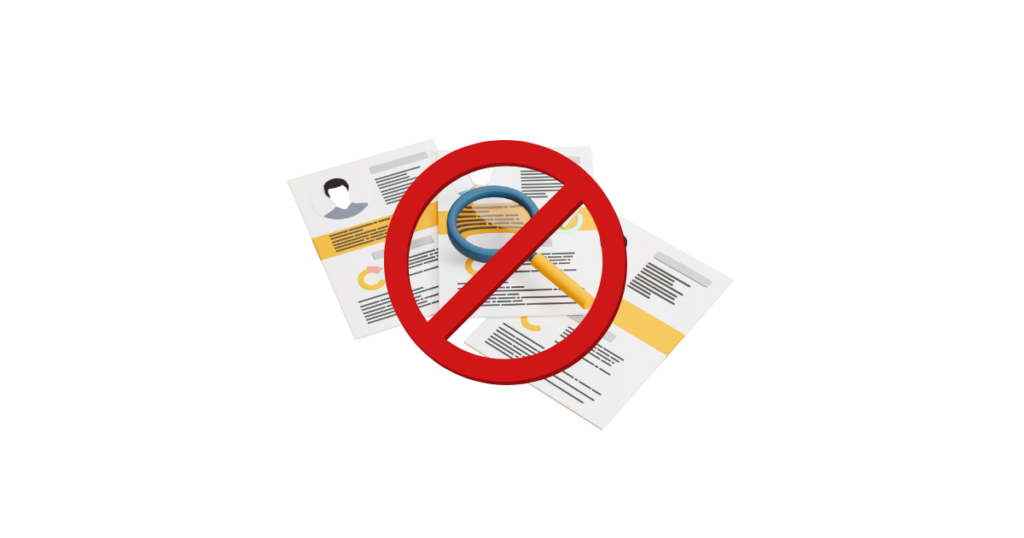
Your CV is often the first impression you make on a potential employer, and as the saying goes, you never get a second chance to make a first impression. Unfortunately, even the most qualified candidates can miss out on opportunities due to common CV mistakes. In this article, we’ll explore the top 10 CV mistakes that could cost you the job and offer actionable tips on how to avoid them. This will help you to craft a CV that stands out for all the right reasons.
1. Poor Formatting
Why it matters: A well-formatted CV is easy to read and navigate, allowing employers to quickly find the information they need. Poor formatting, on the other hand, can make your CV look cluttered and unprofessional.
How to avoid it: Use a clean, simple layout with clearly defined sections. Stick to a professional font like Arial or Calibri, and ensure your headings are consistent in style and size. Use bullet points to break up text and keep your CV to a maximum of two pages.
2. Spelling and Grammar Errors
Why it matters: Spelling and grammar errors can give the impression that you lack attention to detail or didn’t take the time to review your CV. In a competitive job market, even small mistakes can be costly.
How to avoid it: Proofread your CV multiple times and use tools like Grammarly to catch errors. It’s also a good idea to have someone else review your CV, as they may spot mistakes you’ve missed.
3. Generic Summaries
Why it matters: A generic CV summary or personal statement doesn’t differentiate you from other candidates. Employers want to see what makes you unique and how your skills align with the specific role.
How to avoid it: Tailor your summary to the job you’re applying for. Highlight your most relevant skills and experiences, and mention what excites you about the role and the company. To stand out, make it specific and personal.
4. Irrelevant Content
Why it matters: Including irrelevant information, such as outdated qualifications or unrelated work experience, can dilute the impact of your CV and make it harder for employers to see why you’re a good fit for the role.
How to avoid it: Focus on the most relevant experiences and skills that align with the job you’re applying for. If you’re making a career change, highlight transferable skills and explain how they apply to the new role.
5. Lack of Quantifiable Achievements
Why it matters: Employers are looking for evidence of your achievements and impact. A CV that only lists duties and responsibilities without showcasing results can fail to capture their interest.
How to avoid it: Whenever possible, quantify your achievements with specific numbers, such as “Increased sales by 20%” or “Managed a team of 10 employees.” This gives employers a clear picture of your capabilities and the value you can bring to their organisation.
6. Overloading with Buzzwords
Why it matters: While it’s important to include keywords from the job description, overloading your CV with buzzwords like “team player” or “dynamic” can come across as insincere and clichéd.
How to avoid it: Be selective with your language. Focus on using strong, specific examples that demonstrate your skills rather than relying on generic buzzwords. Show, don’t just tell.
7. Inconsistent Employment Dates
Why it matters: Inconsistent dates can raise red flags for employers, making them question your work history and attention to detail.
How to avoid it: Double-check the dates on your CV to ensure they’re accurate and consistent. If you have gaps in your employment, address them briefly in your CV or cover letter, explaining how you used that time productively.
8. Failing to Tailor Your CV
Why it matters: Sending out the same CV for every job application can significantly reduce your chances of success. Employers want to see that you’ve put in the effort to tailor your CV to the specific role.
How to avoid it: Customise your CV for each job you apply to. Highlight the skills and experiences most relevant to the role, and adjust your summary and key achievements to align with the job description.
9. Ignoring ATS (Applicant Tracking Systems)
Why it matters: Many companies use ATS to screen CVs before they reach a human recruiter. If your CV isn’t ATS-friendly, it may never be seen by an actual person.
How to avoid it: Use a simple, standard format without images, graphics, or unusual fonts. Include relevant keywords from the job description, and avoid using tables or columns that might confuse the ATS.
10. Missing Contact Information
Why it matters: It might seem obvious, but forgetting to include essential contact information can prevent employers from reaching out to you, no matter how impressive your CV is.
How to avoid it: Ensure your CV includes your full name, phone number, email address, and LinkedIn profile. Double-check that all contact details are correct and up to date.
Conclusion
Your CV is your ticket to securing an interview, so it’s crucial to get it right. By avoiding these common mistakes, you can significantly increase your chances of standing out in a crowded job market. Remember to tailor your CV for each application, quantify your achievements, and keep your content relevant and focused. With a polished, well-crafted CV, you’ll be well on your way to landing the job you want.






